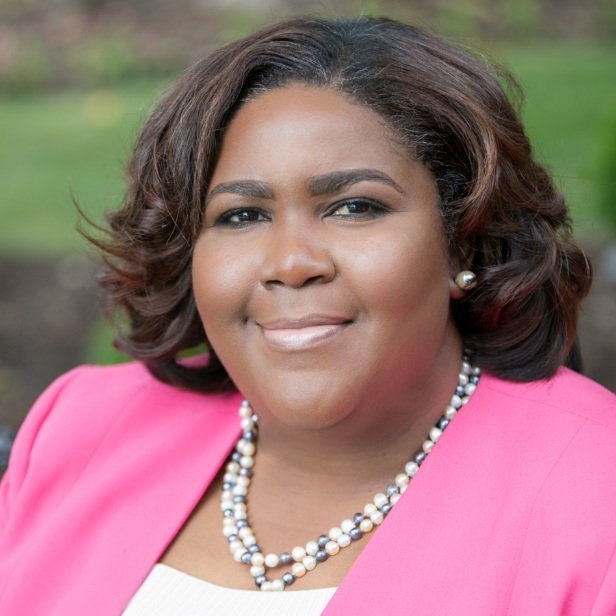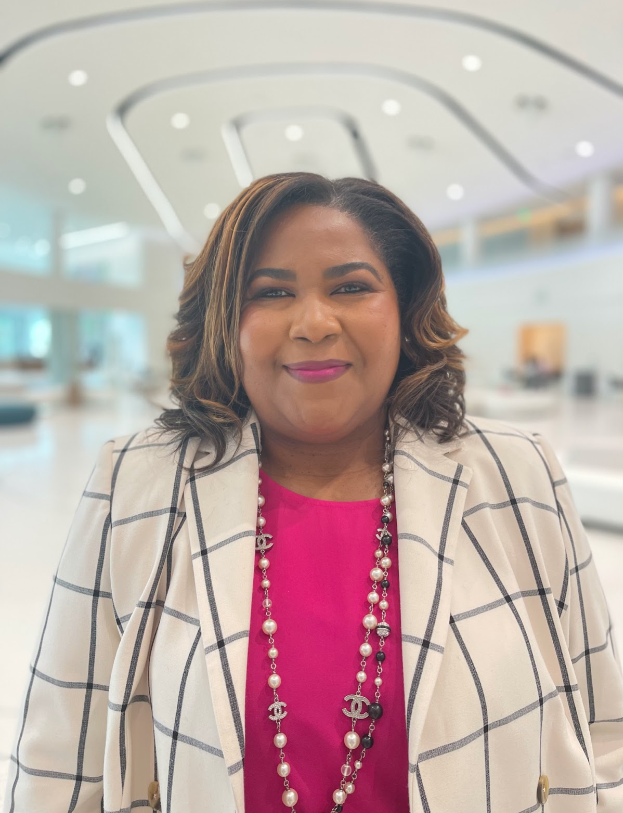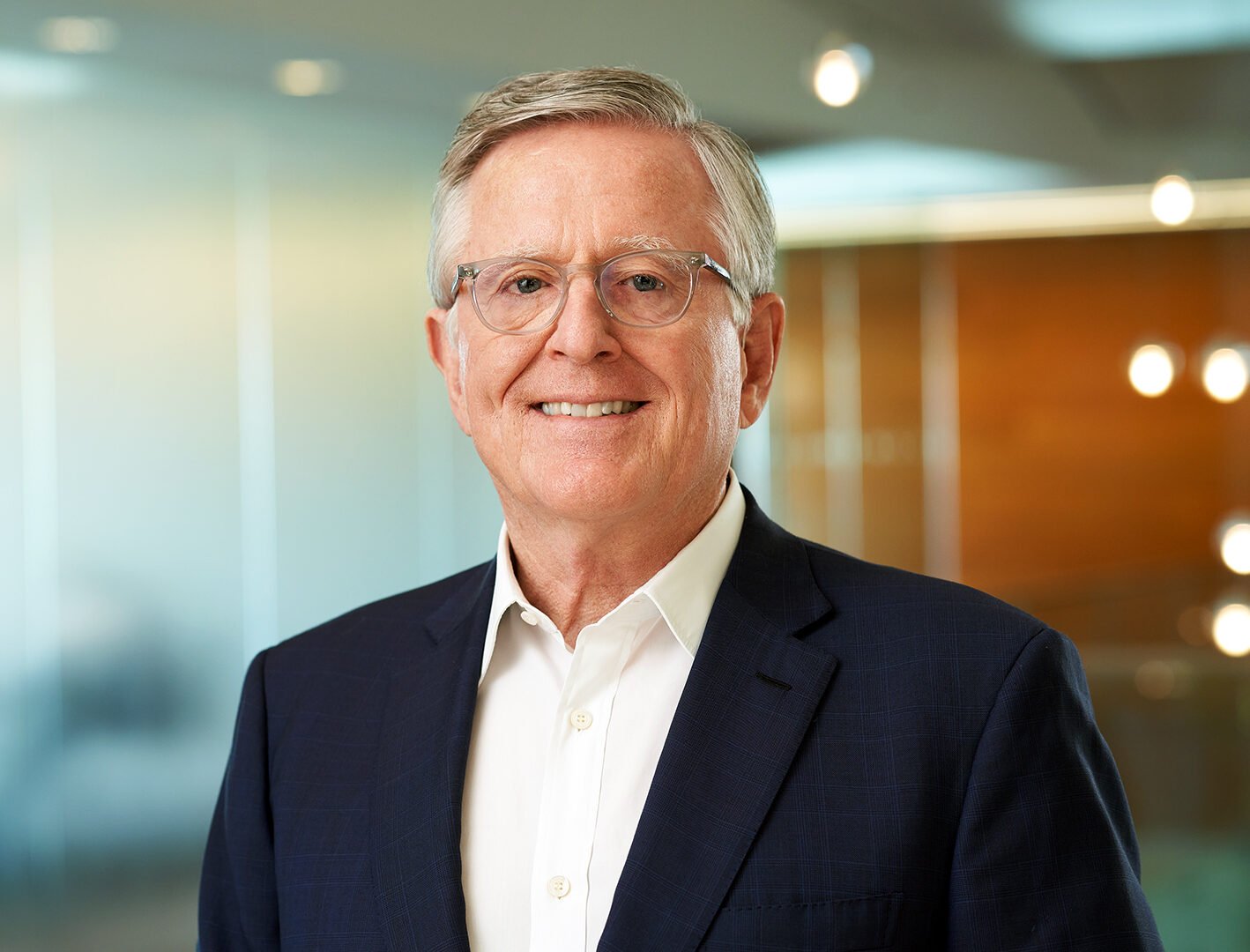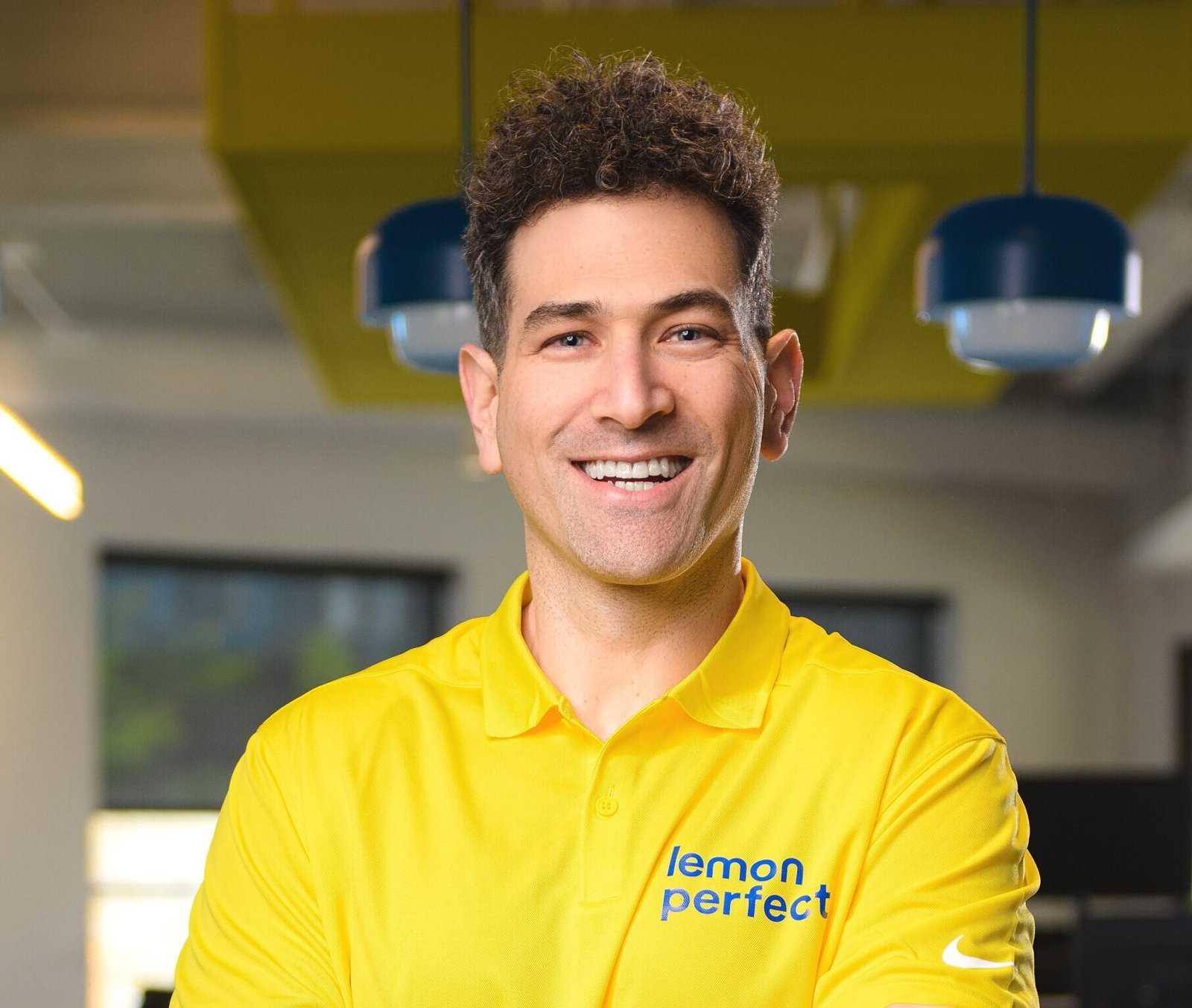I recently went one on one with Sondra Sutton Phung. Sondra is a product marketing executive for Ford Motor Company with experience managing a portfolio of products that has generated over $1.5 billion of profit.
Adam: Thanks again for taking the time to share your advice. First things first, though, I am sure readers would love to learn more about you. How did you get here? What experiences, failures, setbacks, or challenges have been most instrumental to your growth?
Sondra: Thank you, Adam, for having me as your guest. Wow, how did I get here? That’s a great question, and for me, I guess I would sum it up as “not being afraid to take the road less traveled.” Reflecting on my 25-year career at Ford, I realize that I said YES to opportunities that friends/colleagues quickly said “no.” For example, I said YES to joining Ford and moving to Michigan when most of my Atlanta-based friends thought I was crazy. I said YES to Ford Japan in 1999 after working for Ford US for only two years. I said YES to Ford China in 2006 when no one “up and coming” in the company saw it as a career enhancer. I said YES in 2011 to return to China a second time because I knew it was a market where I could gain so much insight. And most recently, I said yes to joining Ford’s “EV revolution” by leading the Brand and Product Marketing teams.
In terms of growth, the ten years of living and working overseas taught me the nuances of the customer perspective. You can’t just sit in Dearborn and design for the world without understanding the unique needs of global customers. Also, I’ve often given thanks to the best and worst bosses of my career. They taught me how to treat and NOT treat my team when driving for optimal results.
Adam: What are three things everyone should understand about marketing?
Sondra: Everyone should understand that marketing is ever-evolving and is not as “easy” as it looks. I often have teams of non-marketers giving me “free” advice at work. Rather than get upset, I typically start with, “what customer data, market dynamics, or future trends are driving that perspective?” I believe that every marketer should be someone who can combine creativity, insights and analytics, and agility in everything they do. Yes, the 4P’s still matter (price, product, promotion, and place), but you could still miss your mark without creativity, insights, analytics, and agility to navigate change.
Adam: What is your best advice for those working at big organizations on how to best climb the corporate ladder?
Sondra: Climbing the corporate ladder in large organizations is achievable while not for everyone. I have a great deal of respect for people who want to be SMEs in their field and not climb the leadership ranks. For those who wish to pursue higher levels, I often ask them, “what are you going to do to set yourself apart from everyone else?” My best advice would be to:
1.) Set a 5-year vision. Determine where you want to be in 5 years and then outline a plan to get there.
2) Secure a well-regarded mentor to share that plan with to ensure it’s reasonable for the company/culture you are in.
3) Deliver stellar results on time and with high quality.
4) Anticipate your boss’s needs and deliver them without them having to ask.
5) Join an ERG (employee resource group). They are invaluable to many in terms of networking.
6) Secure an advocate, very different from a mentor. These people will need to believe in you enough to break down barriers that will inevitably exist in a large corporation.
Adam: What is your best advice for entrepreneurs and those working at small businesses on how to cultivate relationships and sell to large companies?
Sondra: At Ford, we have thousands of relationships with small businesses, which have been in place for several decades. From my observations, five things set the relationships that last apart from those that don’t.
(1) It all starts with them having a valuable product or service and identifying how they can provide additional value to us
(2) Have excellent customer service; make every moment of interaction with your customers COUNT. They can easily become your brand ambassadors, offering free and well-regarded referrals to their network.
(3) Build trust and credibility with us. For example, I recently had a discussion with a Google Executive, without expectation, and within minutes, we discussed product offerings that would help my business objective. They were not making a “sales pitch”; instead, they were helping me solve a business problem. This approach definitely built trust and credibility with me.
(4) Treat people like friends, build relationships. Don’t be so focused on the sales that you forget there is a person on the other end. Instead, find ways to relate to them on a personal level, and you will find a willingness to work with you more on a professional level.
(5) While it’s important to be agile in an ever-evolving marketplace, staying true to your company’s core business values is just as important. If you show you are too willing to shift core company values for the quick win, you can lose in the long run with established companies that understand you sometimes have to ride the wave of challenges ahead of an impressive win!
Adam: In your experience, what are the defining qualities of an effective leader? How can leaders and aspiring leaders take their leadership skills to the next level?
Sondra: An effective leader is expected to have a laundry list of traits. However, the five qualities that I have appreciated most over my 25-year career are:
-
Accountability. A good leader takes full responsibility for their team’s performance, whether positive or negative. When outcomes are positive, good leaders take the time to appreciate the team members who helped make it possible. When negative, that same leader takes the time to reflect on what they and the team could/should have done better and provides feedback on those learnings in a constructive way that keeps the team motivated.
-
Adaptability. Being able to change plans and objectives at any time is key. No leader expected to have to deal with a pandemic for 2+ years, but the leaders that adapted quickly and learned how to thrive in a virtual environment are the ones who are winning. Taking on (whenever possible) a flexible approach from the start should always be a goal but when that is not possible, being able to problem-solve in real-time is critical. At Ford, we recently announced an organizational split of our EV and ICE-focused business units. This was a bold move by Ford..two distinct businesses working together to combine start-up speed with unbridled innovation.
-
Decisiveness. This is probably the most sought-after trait in a large organization as leaders in large companies can sometimes make “decisions by committee.” Leaders who make decisive decisions are valued by the team that supports them. The team can then accept that decision and act upon it. The team should still assess the pros and cons of an issue…that absolutely must be done. However, after assessments have been made, exuding a clear and confident position sets good leaders apart from good managers.
-
Great Communicator. Being able to deliver clear, concise, and tactful communications is a crucial leadership skill. Teams “lean in” to people who provide valuable information, ask for feedback, ask intelligent questions, and (as noted above) are decisive in what they want/need from an interaction.
-
Empathy – Empathetic leaders can understand the needs of others, inclusive of being aware of their feelings and thoughts. In a market where unemployment is at an all-time low and resignations at an all-time high, this trait becomes even more valuable in helping to retain talent. I recently saw a stat in Forbes that notes how 50% of people with empathetic leaders felt their workplace was more inclusive and that 76% of people were more engaged. When people feel engaged, included, and understood, they stay longer and deliver better results.
Adam: What are your three best tips applicable to entrepreneurs, executives and civic leaders?
Sondra: My three best tips:
-
Be Accountable
-
Be Empathetic
-
Be Clear and Concise
Adam: What is the single best piece of advice you have ever received?
Sondra: The best advice I’ve ever received: Be Kind, not Nice. Navigate in your leadership space from a position of kindness, and people will receive your message without multiple layers of filter and want to help you achieve the team goals. On the other hand, being nice sometimes means not giving enough constructive feedback to make people better performers. They might feel good after a conversation, but you won’t as often since you’ve still not achieved your objectives.
Adam: What is one thing everyone should do to pay it forward?
Sondra: Pay it forward by helping those who did not have the advantage of a “roadmap to success.” For me, that means supporting 1st generation college students. I did not have the benefit of parents who worked in corporate America. I did not have a college-educated close family member. Every step of the way, I made the best choice I could, which sometimes meant I was not making the “best choice.” Now I mentor 1st Generation college students through our Ford First Gen program, an innovative new program aimed at improving graduation rates among first-generation college students. My goal is to help them stay motivated to complete college and help them feel prepared to enter the workforce confidently. Once they reach Ford or another employer, I also help them by being a mentor and advocate as they navigate a corporate environment for the first time. As I can attest to personally, this program can have generational impacts on a family, and I want to pay it forward to as many 1st Gen students as possible.









